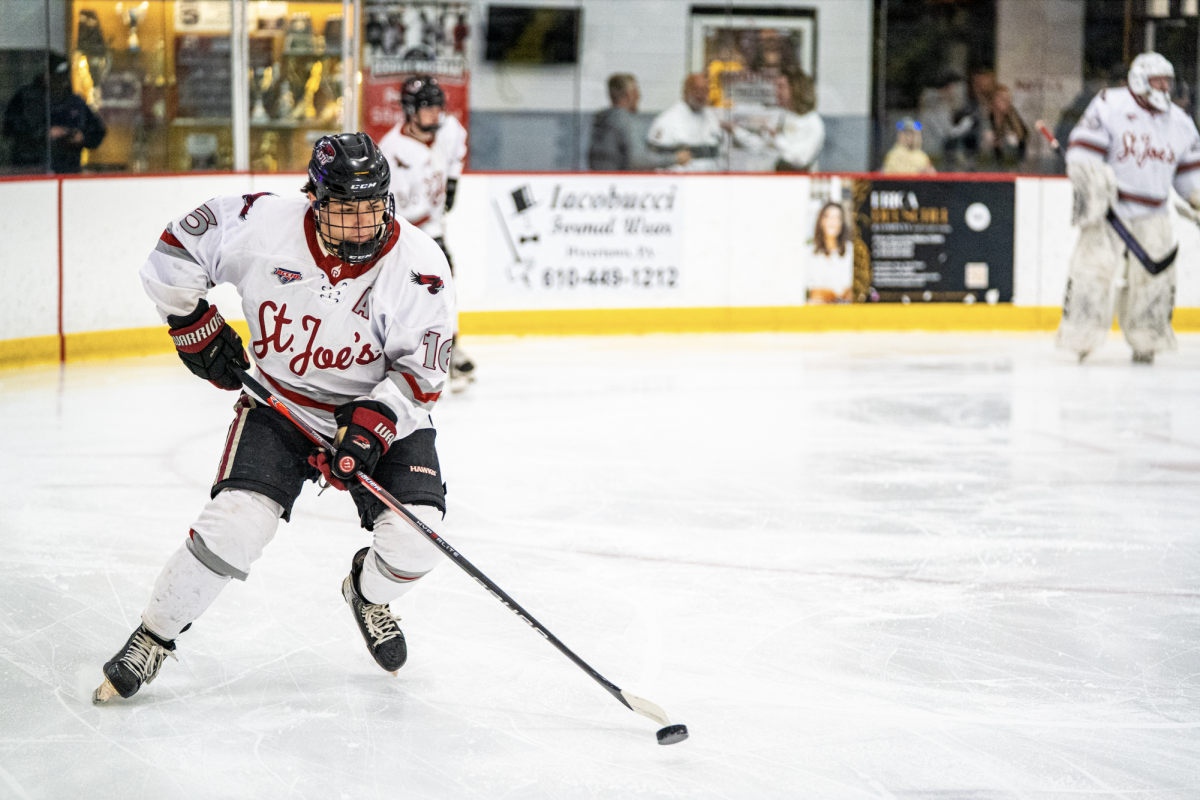On Feb. 2, EA Sports announced plans to resurrect its dormant college football franchise with a new video game, “EA Sports College Football.” It will be the first college sports game released by the company since 2013, when the most recent iteration of the NCAA college football franchise hit the shelves. The news, announced in a tweet, was met with an overwhelming response from fans and was possibly the most powerful example of unity that has occurred in America in a long time.
One of the reasons EA discontinued the franchise seven years ago was due to the issue of whether or not NCAA athletes should receive compensation for the right to their name, image and likeness. In the past, EA bypassed this issue by not assigning real names to the players in its NCAA football and NCAA basketball video games.
For example, if this year’s St. Joe’s men’s basketball team was added into EA’s old NCAA Basketball video game, you would see a player on the roster that is a 6-foot-5-inch redshirt senior guard who is white and has high attributes in shooting and scoring baskets around the rim. Who does this player sound like to you? It’s Ryan Daly. Only his name wouldn’t be Ryan Daly. It would just be “#1.” This was a way for EA to circumvent using a player’s name and image. Virtually every single Division I NCAA football and basketball player saw a digital version of themselves in EA’s games.
That all changed in 2013 when Ed O’Bannon, a former University of California, Los Angeles basketball player, sued EA for creating a virtual version of himself without his permission and compensation. EA settled with O’Bannon in court for $42.2 million dollars. O’Bannon essentially broke EA’s model.
In the new NCAA football game, EA doesn’t plan to base the players in its game off of actual NCAA football players. Instead, they claim that the teams on the game will have randomized players with randomized attributes, that way no real-life player can claim that EA unfairly used their likeness.
However, at some point this year, the Supreme Court is set to hear a case arguing that probation of compensation for college athletes violates antitrust laws. If the Supreme Court rules that the probation does violate antitrust laws, it would only be just and right for EA to include real player names, images and likeness, and appropriately compensate players for their use.
As console players everywhere eagerly await the opportunity to once again take a little known college to the College Football Playoff in the franchise’s patented Dynasty Mode, it is worth keeping a close watch on the Supreme Court’s ruling.















































